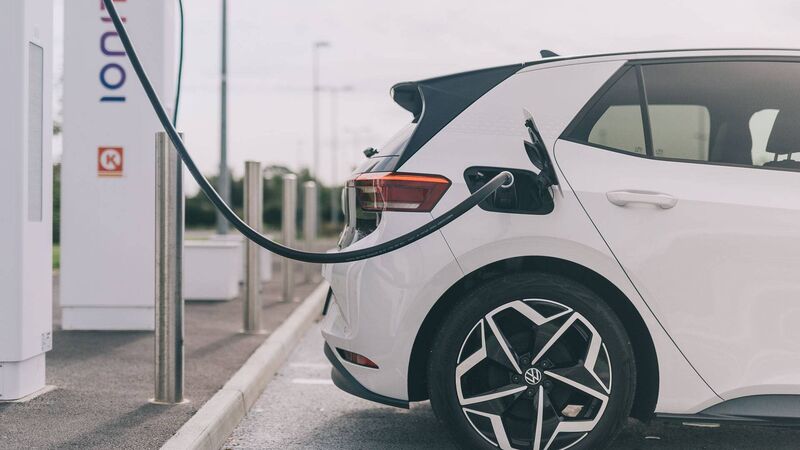€63m paid out on electric vehicle grants in one year

The Government aims to have more than 1m electric cards on the road by 2030.
The Government spent €63m on grants for electric vehicles in 2021, with more than €8.7m of that for two brands of Volkswagen alone.
A total of 13,412 EV grants were issued last year, costing an average of €4,705.










